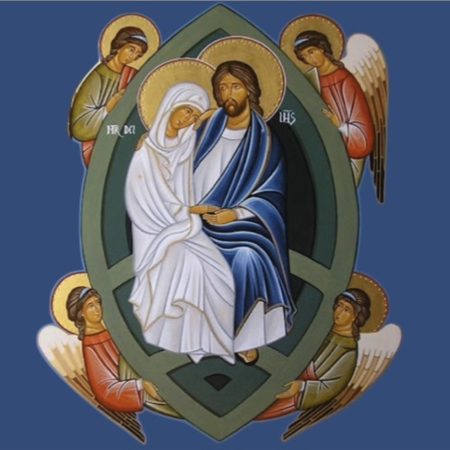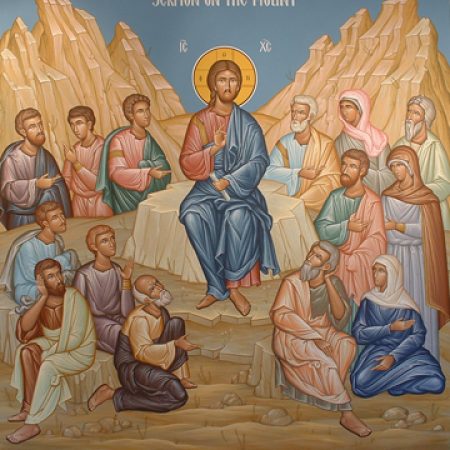Faced with the decline and disintegration of the Church, we are called to offer ourselves to God as the new branch who faithfully carry God’s love and mercy into a new era.
Sermons on Jeremiah
God is passionately in love with us and longing to give us every good thing if we will respond to his love.
Jesus comes to break us free from oppressive understandings of God and of God’s expectations of us.
God has promised a time of resurrection and renewal, and has given us guidance for living faithfully in the meantime.
Christ calls us to be alert for his salvific coming in the midst of the terrors of the here and now, not just in the past and future.
Christian hope is rooted in suffering that does not remain unanswered. God answers in the resurrection of Jesus Christ, ensuring that everything will not only be fine, it will be better.
In the face of monumental devastation and suffering, God speaks a word, and the word becomes flesh.
Reading scripture with God’s people keeps us honest as we seek to interpret and live by God’s law written on our hearts.
When God calls us to invest in the places we live, it is a call to active agents of positive change, not compliant patriots.
There are plenty of reasons to despair of the future, but Jeremiah and Jesus show us a pathway of hope that overcomes despair.
Facing an epidemic of depression and despair, Jesus calls us to follow on a tear-stained path of prophetic faithfulness.
The threat of extreme climate change can only be averted with a major spiritual transformation, and Jesus shows the way.
Faithfulness to God means sticking to the ways in which Jesus has led us, but we are constantly tempted to idolise his name while avoiding his ways.
Most of us are addicted to achieving results and success, and it is crippling us. Jesus leads us towards an unexpected and almost unrecognisable freedom.
The life that Jesus calls us too will not be found and enjoyed until we give up trying to engineer the life we dreamed we were supposed to be living.
To name Christ as King is to identify ourselves as dissenters to the claims of any other authority and to critique all power-mongering.
Living in hope-fuelled anticipation of God’s promised future does not mean withdrawing from the life of the world around us.
Jesus offers us vision of the future which sharply differs from that offered by modern economics, and we need to intentionally nourish that vision.
God longs to welcome and bless us far more than we deserve, but if we don’t contribute to a culture of extravagant grace, we are unlikely to be able to receive it.
If we construct our identity around a pursuit of social esteem, we will degrade our true selves, but if we model ourselves on the generosity of God, we will find true life where few look for it.
















